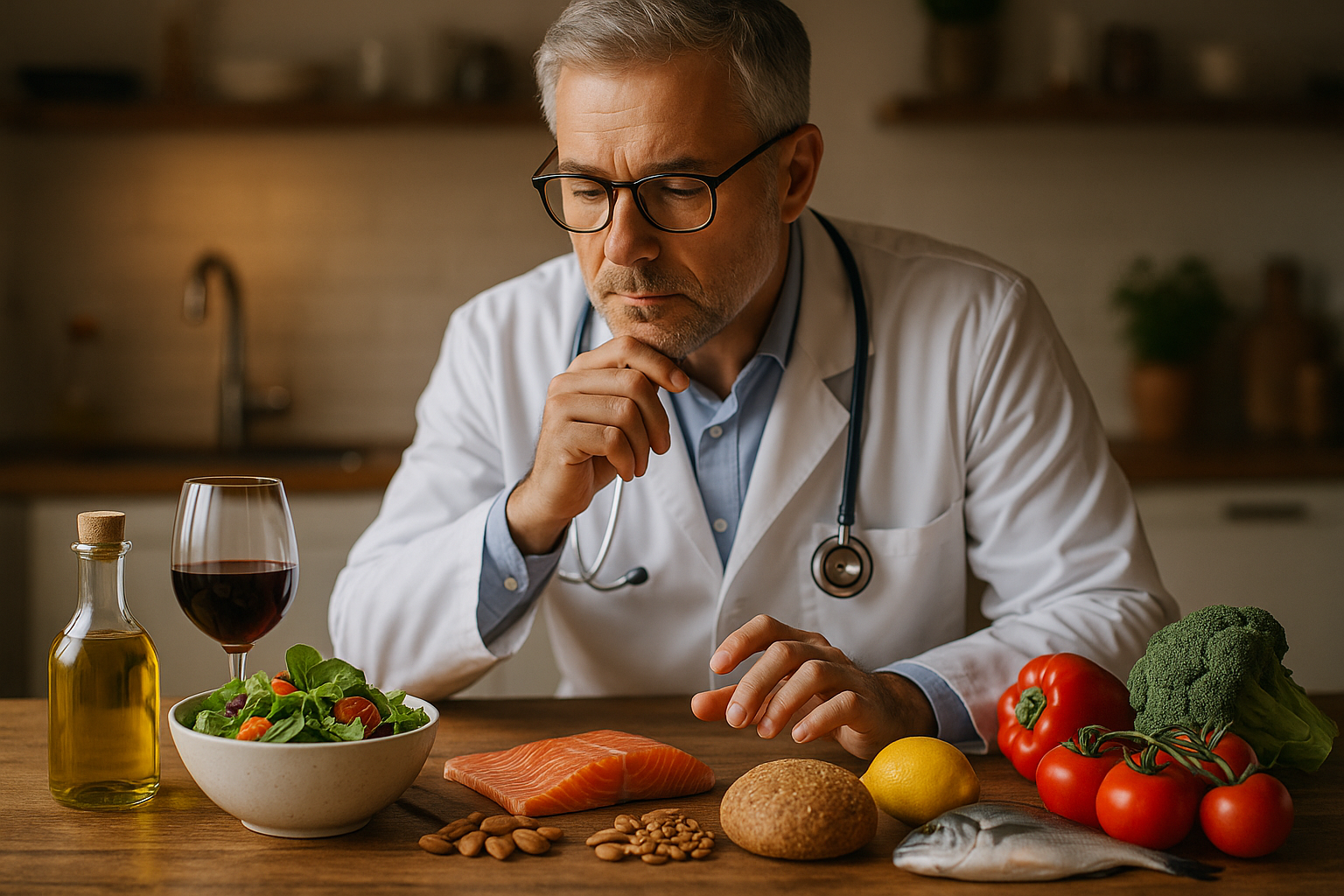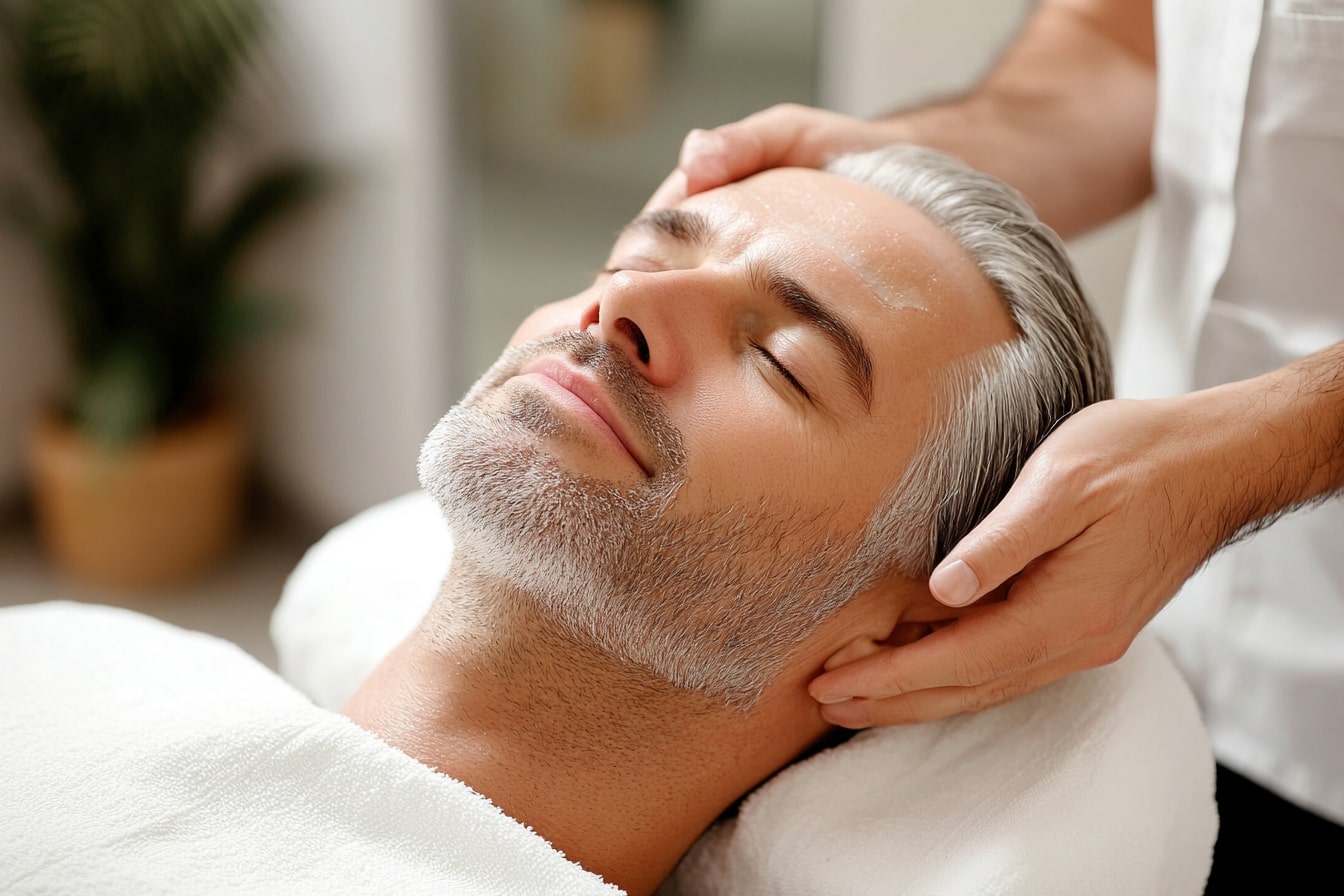Unlocking the secrets of biotin for hair growth
Biotin, also known as vitamin B7, is often spotlighted in conversations about fuller, healthier hair. But what does it actually do, who truly benefits, and how should you get it? This article clarifies the science, highlights reliable food sources, and outlines safe-use considerations so you can make informed choices about biotin and your daily routine.

Biotin has become a familiar name on supplement bottles and shampoo labels, often linked to stronger strands and a healthier scalp. While its reputation in beauty circles is widespread, the real story is more nuanced. Understanding what biotin actually does in the body, when supplementation makes sense, and how to obtain it from everyday foods can help set realistic expectations about its role in hair health.
What is biotin?
Biotin is a water-soluble B vitamin (vitamin B7) that supports key metabolic reactions involved in converting food into energy. It acts as a coenzyme for carboxylase enzymes that participate in fatty acid synthesis, amino acid metabolism, and gluconeogenesis. Because hair is largely made of keratin—a structural protein—adequate biotin helps maintain normal cell function that indirectly supports hair, skin, and nail integrity.
For most healthy adults, a balanced diet typically provides enough biotin to meet daily needs. The commonly cited adequate intake for adults is 30 micrograms per day. True deficiency is uncommon, but when it occurs, symptoms can include thinning hair, brittle nails, and scaly skin. Factors that can increase deficiency risk include frequent consumption of raw egg whites (which contain avidin, a protein that binds biotin), long-term use of certain anticonvulsant medications, chronic alcohol use, malabsorption conditions, prolonged antibiotic use, and rare genetic disorders such as biotinidase deficiency.
What is the science behind biotin and hair growth?
The connection between biotin and hair growth stems from its role in normal cellular processes and keratin infrastructure. When biotin levels are insufficient, hair shedding or thinning may occur, and replenishing biotin can help restore normal growth in those cases. However, the picture is different for individuals who are not deficient. In otherwise well-nourished people, clinical evidence showing that high-dose biotin supplements improve hair growth is limited. Research includes small studies and anecdotal reports, while rigorous, large-scale trials remain scarce.
This distinction matters: if hair thinning or shedding is related to other causes—such as iron deficiency, thyroid disorders, androgenetic hair loss, significant stress, or certain medications—biotin alone may not address the underlying issue. In these scenarios, a thorough evaluation with a qualified professional can help identify treatable causes and guide a tailored plan that may include nutrition, medical therapies, or lifestyle changes.
Regarding safety, biotin is generally considered well tolerated because excess amounts are excreted in urine. Still, very high supplemental doses can interfere with certain laboratory tests, including thyroid function assays and cardiac troponin measurements, potentially leading to inaccurate results. If you take a biotin supplement—especially at doses far above the daily requirement—inform your healthcare team before lab work so they can advise on timing and any necessary pauses. Supplement quality also varies; third-party testing and clear labeling are practical indicators of responsible manufacturing.
Which food sources are rich in biotin?
Most people can meet biotin needs through regular meals. Biotin is present in both animal and plant foods, making it accessible to diverse eating patterns:
- Eggs (cooked), dairy, and organ meats such as liver
- Fish like salmon and tuna
- Nuts and seeds (almonds, walnuts, pecans, sunflower seeds)
- Legumes (peanuts, soybeans, lentils)
- Whole grains
- Vegetables such as sweet potatoes, mushrooms, spinach, and broccoli
- Fruits like bananas
- Nutritional yeast
Cooking eggs is important because heat denatures avidin, improving biotin availability. If you follow vegetarian or vegan patterns, combinations of nuts, seeds, legumes, whole grains, and vegetables typically provide sufficient amounts when energy intake is adequate. Practical ideas include a mushroom and spinach omelet, a lentil and sweet potato bowl, or oatmeal topped with almonds and banana. While food labels do not always list biotin content, maintaining a varied diet is usually the simplest route to consistent intake.
This article is for informational purposes only and should not be considered medical advice. Please consult a qualified healthcare professional for personalized guidance and treatment.
Conclusion Biotin supports everyday metabolic functions that underpin healthy hair, skin, and nails. When deficiency exists, correcting it can improve hair quality. For those who are not deficient, the evidence for biotin supplements as a stand-alone solution is limited, and investigating other contributors to hair changes is often more productive. Prioritizing a diverse, nutrient-dense diet, recognizing potential lab test interactions, and seeking individualized advice can help place biotin in its appropriate role within overall hair health.




